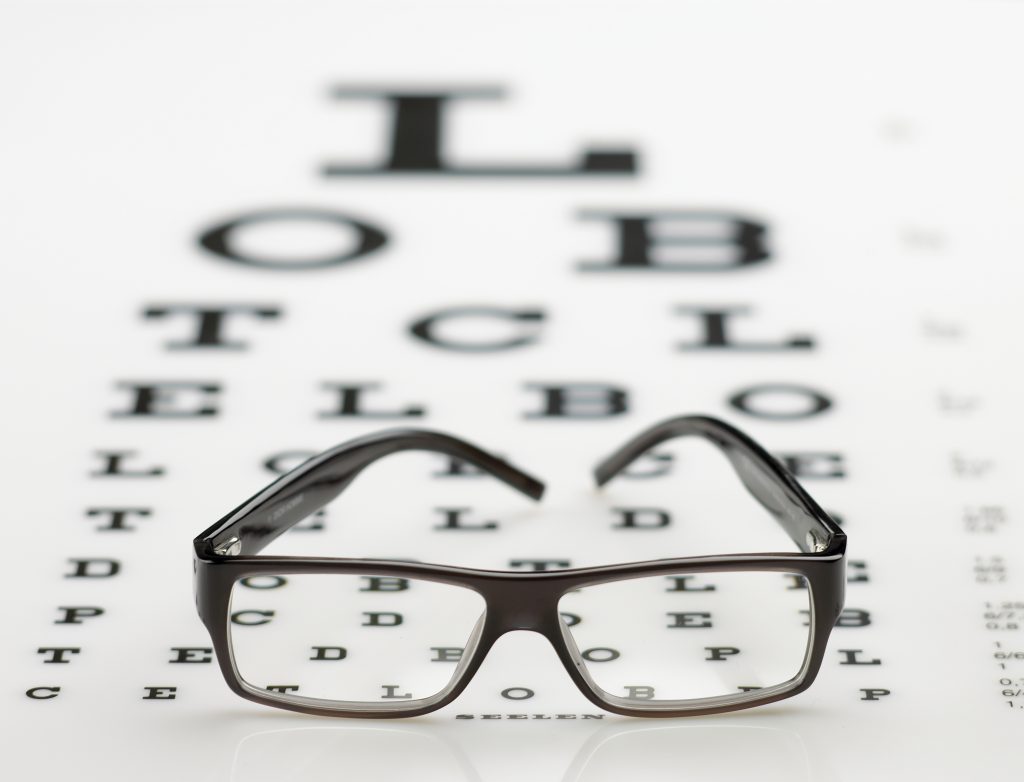 Car accidents happen all the time in Louisiana, but not all accidents cause injuries. Unfortunately, that wasn’t the case in Tangipahoa Parish, Louisiana, when Joseph Lohenis found himself rear-ended on Highway 1249 by a vehicle owned by Tammy Rousse. Lohenis’ son was driving the car and Lohenis’ wife was in the passenger seat. Lohenis himself was sitting in the back seat of the car, wearing a lap seat belt. The rear-end collision caused Lohenis’ body to move forward and hit the console, and then move backward, where the back of his head and neck hit the truck’s back glass window.
Car accidents happen all the time in Louisiana, but not all accidents cause injuries. Unfortunately, that wasn’t the case in Tangipahoa Parish, Louisiana, when Joseph Lohenis found himself rear-ended on Highway 1249 by a vehicle owned by Tammy Rousse. Lohenis’ son was driving the car and Lohenis’ wife was in the passenger seat. Lohenis himself was sitting in the back seat of the car, wearing a lap seat belt. The rear-end collision caused Lohenis’ body to move forward and hit the console, and then move backward, where the back of his head and neck hit the truck’s back glass window.
Lohenis filed a lawsuit to recover damages for the aggravation of pre-existing neck and back injuries. The aggravation of those injuries allegedly occurred due to the car accident. In a bench trial that was focused solely on the issue of the amount of damages to be awarded, the trial court awarded Lohenis $47, 857.50 in damages. The defendant appealed.
In the appeal, the defendant claimed that the trial court erred in assigning the amount of general damages awarded to the plaintiff. In addition, the defendant claimed that the trial court erred in admitting into evidence third-party medical records as a basis to discredit Lohenis’ neurosurgeon. The second error was that the trial court allegedly erred in finding that Lohenis proved an aggravation of pre-existing injuries beyond two months following the accident. The third error asserted by the defendant was that the trial court used the incorrect mathematical formula to calculate damages awarded to Lohenis. Lasty, the defendant asserted that the trial court was incorrect to find that Lohenis would be entitled to damages for loss of consortium when he did not have a loss of consortium claim in his original petition.
 Louisiana Personal Injury Lawyer Blog
Louisiana Personal Injury Lawyer Blog


 In Louisiana, the law presumes a driver negligent when he or she leaves a travel lane and strikes another vehicle. This presumption stems from the legal obligation all motorists have to maintain control of their vehicle. In personal injury cases, this presumption overrides the normal burden of proof which lies on the plaintiff. In order to defeat the presumption of negligence, the defendant must show that he or she was not guilty of any negligence, however slight. A recent case of the Louisiana First Circuit Court of Appeal considered the presumption of negligence in automobile accident cases.
In Louisiana, the law presumes a driver negligent when he or she leaves a travel lane and strikes another vehicle. This presumption stems from the legal obligation all motorists have to maintain control of their vehicle. In personal injury cases, this presumption overrides the normal burden of proof which lies on the plaintiff. In order to defeat the presumption of negligence, the defendant must show that he or she was not guilty of any negligence, however slight. A recent case of the Louisiana First Circuit Court of Appeal considered the presumption of negligence in automobile accident cases.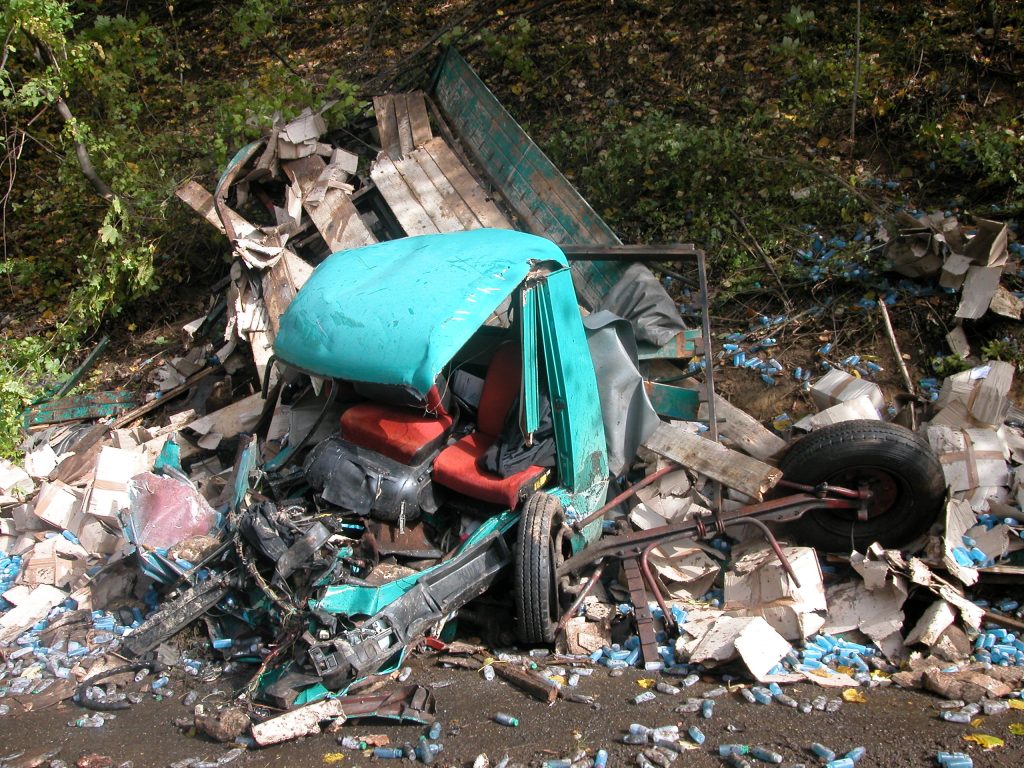 Car accidents are scary. When individuals make the choice to take on a personal injury lawsuit there is a lot of time that goes into those cases. After expending all that time and emotional energy, people want to feel like the verdict they received was fair, or at the very least compensates them for the injuries they incurred. The jury’s job is to listen to all the facts, be instructed on the law and make a decision. Many people think that once a jury renders a decision, that it is final. However, in some cases an individual can appeal to a higher court if they felt as though the jury award of damages was abusively low. That is exactly what a woman in the Parish of Lafayette, Louisiana did and it worked, partly.
Car accidents are scary. When individuals make the choice to take on a personal injury lawsuit there is a lot of time that goes into those cases. After expending all that time and emotional energy, people want to feel like the verdict they received was fair, or at the very least compensates them for the injuries they incurred. The jury’s job is to listen to all the facts, be instructed on the law and make a decision. Many people think that once a jury renders a decision, that it is final. However, in some cases an individual can appeal to a higher court if they felt as though the jury award of damages was abusively low. That is exactly what a woman in the Parish of Lafayette, Louisiana did and it worked, partly.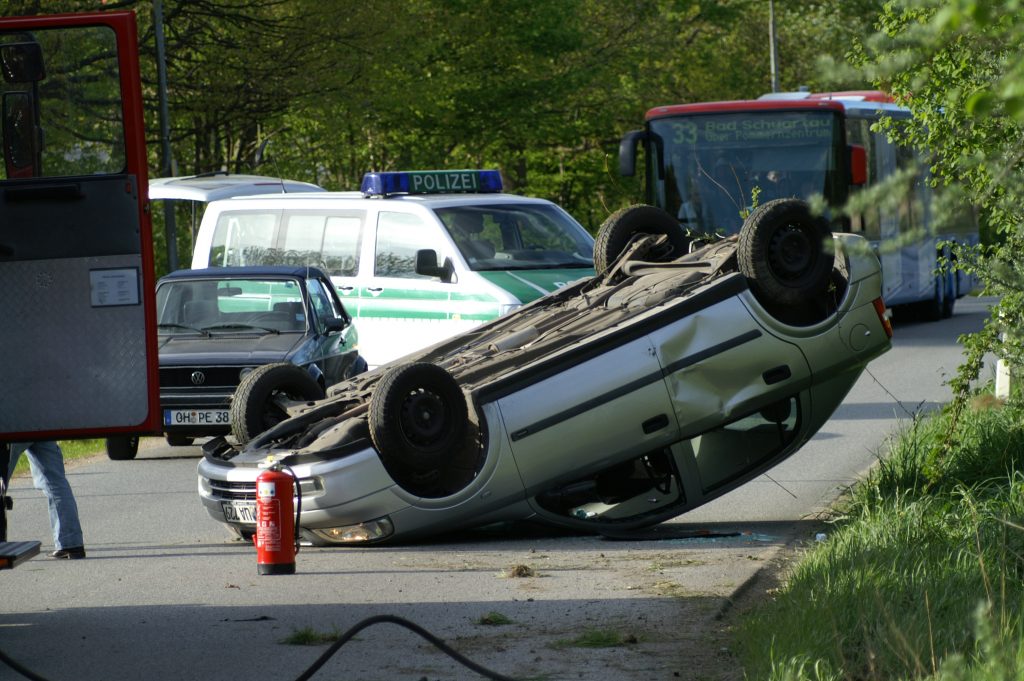 When you are injured by the actions of another person, seeking monetary damages from them in court is one way to ensure that your costs can be met. However, sometimes judges and juries can make factual or legal mistakes that result in damages that are too high or too low, and in these instances it is often up to an appellate court to set the correct monetary amount. If you have received a monetary damage judgment, but you believe it does not represent the true cost of the injuries you suffered as a result of the other person’s actions, you have the option of seeking an appeal from a higher court to modify your damages.
When you are injured by the actions of another person, seeking monetary damages from them in court is one way to ensure that your costs can be met. However, sometimes judges and juries can make factual or legal mistakes that result in damages that are too high or too low, and in these instances it is often up to an appellate court to set the correct monetary amount. If you have received a monetary damage judgment, but you believe it does not represent the true cost of the injuries you suffered as a result of the other person’s actions, you have the option of seeking an appeal from a higher court to modify your damages. In certain kinds of car accidents there is a rebuttable presumption of negligence afforded to a party involved. In a collision that happened in Lafayette Parish, The Louisiana Third Circuit Court of Appeals decided that the presumption of negligence remained intact and the other involved parties could not be assigned fault.
In certain kinds of car accidents there is a rebuttable presumption of negligence afforded to a party involved. In a collision that happened in Lafayette Parish, The Louisiana Third Circuit Court of Appeals decided that the presumption of negligence remained intact and the other involved parties could not be assigned fault.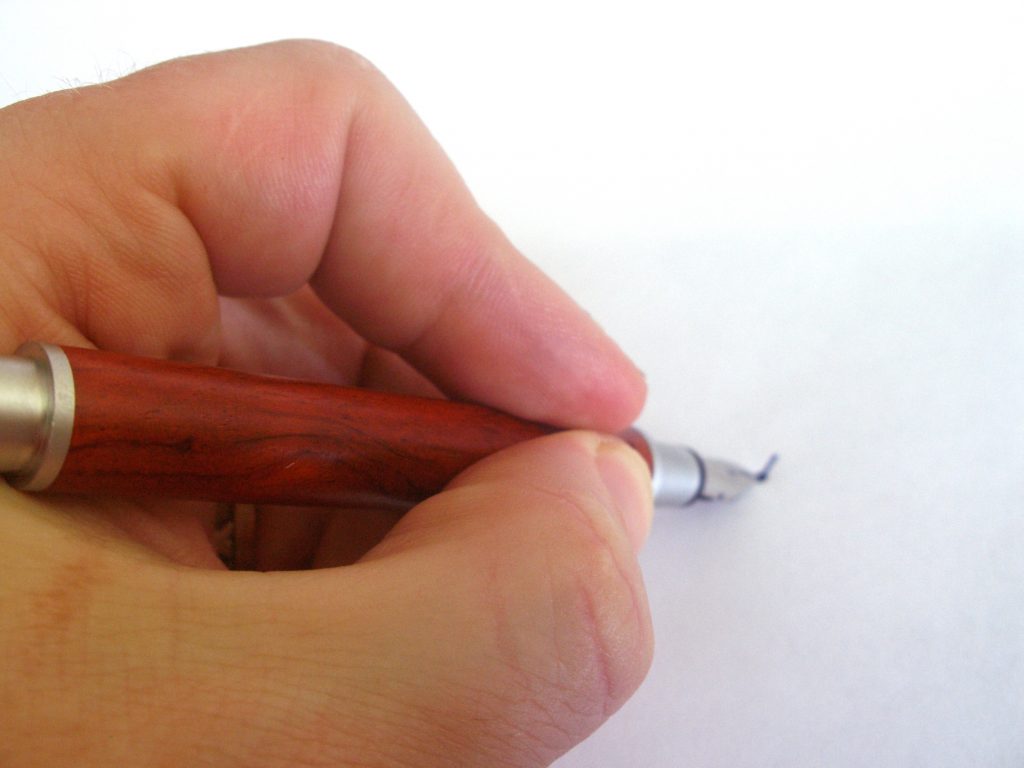
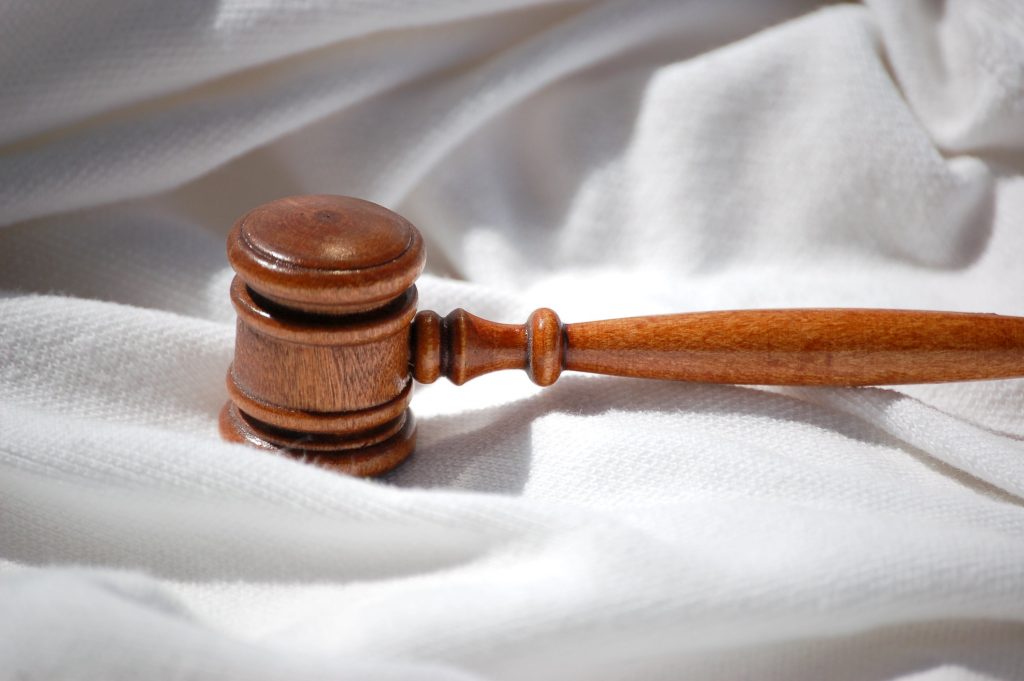
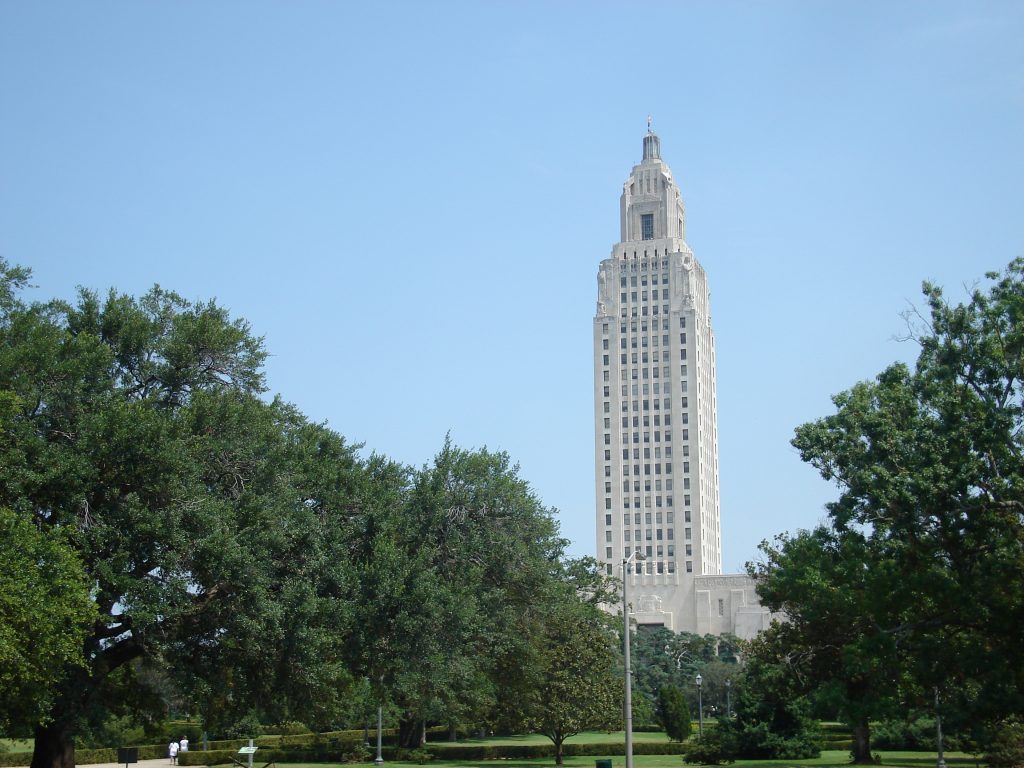
 You are driving down a highway in Louisiana minding your own business when all of the sudden an eighteen wheeler pulls out of nowhere. BAM, you slam into the side of it, your back aches, your car is wrecked and now you are involved in a lawsuit. Who is at fault for this unfortunate circumstance? While this might seem like a no brainer many times great car accident lawyers will argue that the driver who was just driving down the road somehow caused the accident. The following case out of Port Allen, Louisiana demonstrates how the Courts assess liability when accidents happen between cars traveling down the highway and those that are entering into the highway.
You are driving down a highway in Louisiana minding your own business when all of the sudden an eighteen wheeler pulls out of nowhere. BAM, you slam into the side of it, your back aches, your car is wrecked and now you are involved in a lawsuit. Who is at fault for this unfortunate circumstance? While this might seem like a no brainer many times great car accident lawyers will argue that the driver who was just driving down the road somehow caused the accident. The following case out of Port Allen, Louisiana demonstrates how the Courts assess liability when accidents happen between cars traveling down the highway and those that are entering into the highway. Renting a U-Haul truck can be a necessary burden when you are tasked with moving a lot of stuff from place to place. During the rental process you might be asked whether or not you want supplemental insurance policies. But who do you sue when an accident happens? In the following case out of New Orleans, Louisiana one plaintiff finds out who definitely cannot be sued when a U-Haul and Fedex truck collide.
Renting a U-Haul truck can be a necessary burden when you are tasked with moving a lot of stuff from place to place. During the rental process you might be asked whether or not you want supplemental insurance policies. But who do you sue when an accident happens? In the following case out of New Orleans, Louisiana one plaintiff finds out who definitely cannot be sued when a U-Haul and Fedex truck collide.